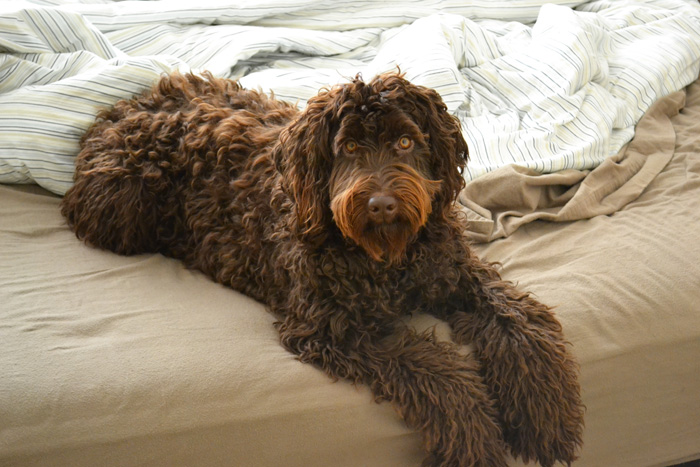 In Good news about good news, writer Misty Harris shares "that happiness craves an audience" and quotes researcher Nathaniel Lambert: “When you show others that you’re a safe person to share their good news with, you make a huge deposit in their emotional bank account,” says Lambert. “Being an active, constructive listener is one of the least utilized, least-taught skills there is.” Pictured above, my husband is always willing to lend an ear and make a deposit in my emotional bank account.
In Good news about good news, writer Misty Harris shares "that happiness craves an audience" and quotes researcher Nathaniel Lambert: “When you show others that you’re a safe person to share their good news with, you make a huge deposit in their emotional bank account,” says Lambert. “Being an active, constructive listener is one of the least utilized, least-taught skills there is.” Pictured above, my husband is always willing to lend an ear and make a deposit in my emotional bank account.
Working out is good for the brain as well as the heart
Globe and Mail, October 29, 2012
Can a little bit of exercise make you smarter? Or, stated more precisely, can regular activity help slow the cognitive declines associated with aging? A small but intriguing study suggests that the answer to those two questions is Yes. “The message from this research is that exercise is not just good for your heart, it’s good for your brain,” Dr. Martin Juneau, director of prevention at the Montreal Heart Institute, said in an interview. “If you’re looking for a little bit more motivation to exercise, hopefully this is it.”
Exercise May Protect Against Brain Shrinkage
New York Times, October 26, 2012
Remaining physically active as you age, a new study shows, may help protect parts of your brain from shrinking, a process that has been linked to declines in thinking and memory skills. Physical exercise not only protected against such age-related brain changes, but also had more of an effect than mentally and socially stimulating activities. In the new report, published in the journal Neurology, a team at the University of Edinburgh followed more than 600 people, starting at age 70. The subjects provided details on their daily physical, mental and social activities.
E-cookbook 'Mindfull' aims to boost brain health with tips and recipes
Vancouver Sun, October 25, 2012
A team of experts has cooked up a new book that interweaves scientific facts about brain health with some tips on lifestyle choices in an effort to reduce users' likelihood of developing dementia. The e-book, called "Mindfull," was inspired by a belief that scientific information about brain health hasn't been presented in a way that people can incorporate into their daily lives, said co-author Carol Greenwood, a scientist and professor of nutrition and brain health.
Good news about good news: study finds happiness multiplies when we share glad tidings
Vancouver Sun, October 25, 2012
Everyone knows misery loves company, but a new study shows that happiness craves an audience as well. And in this case, there are rewards. Researchers find that sharing good news amplifies its positive benefits, above and beyond the pleasure that comes from reliving the event and the social interaction itself. The boost is so powerful, in fact, that individuals who impart uplifting news to another person at least twice a week report greater life satisfaction than those who simply journal their good news with the same frequency. The hitch, however, is that not just any company will do: the listener must be someone who responds in an enthusiastic and supportive way.
Laughter as a Form of Exercise
New York Times, October 24, 2012
Is laughter a kind of exercise? That offbeat question is at the heart of a new study of laughing and pain that emphasizes how unexpectedly entwined our bodies and emotions can be. For the study, which was published this year in Proceedings of the Royal Society B, researchers at Oxford University recruited a large group of undergraduate men and women. They then set out to make their volunteers laugh. Most of us probably think of laughter, if we think of it at all, as a response to something funny — as, in effect, an emotion. But laughter is fundamentally a physical action.
Get Up. Get Out. Don’t Sit.
New York Times, October 17, 2012
Just as we were all settling in front of the television to watch the baseball playoffs, two new studies about the perils of sitting have spoiled our viewing pleasure. The research, published in separate medical journals this month, adds to a growing scientific consensus that the more time someone spends sitting, especially in front of the television, the shorter and less robust his or her life may be. To reach that conclusion, the authors of one of the studies, published in the October issue of The British Journal of Sports Medicine, turned to data from the Australian Diabetes, Obesity and Lifestyle Study, a large, continuing survey of the health habits of almost 12,000 Australian adults.


